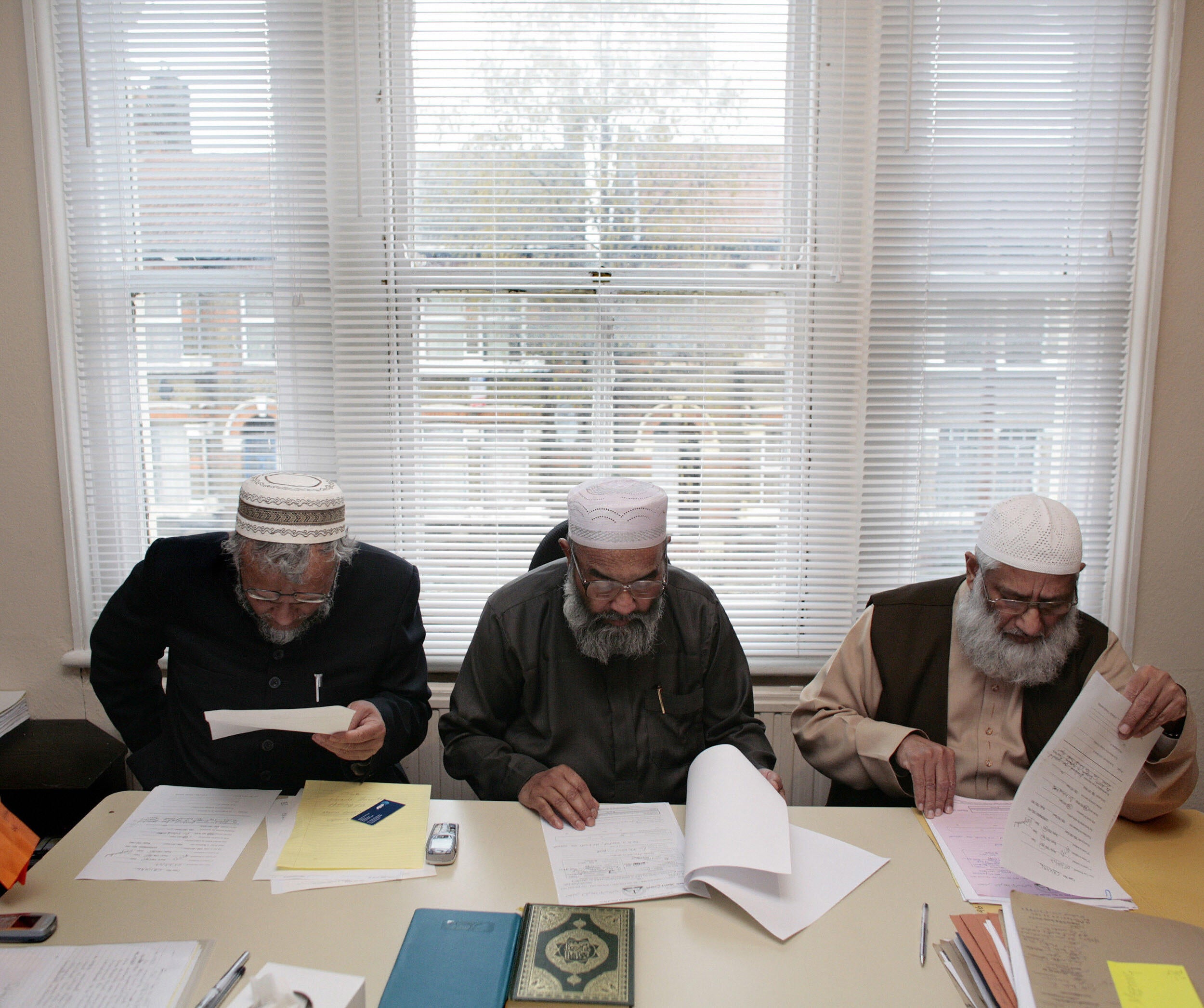An inquiry into sharia courts doesn’t have to criticise Islam – but after the claims of some women, it is necessary
Jewish beth din provide similar access to arbitration using religious law and have attracted rather less criticism than sharia: that perhaps explains why some Muslims believe the current inquiries are discriminatory in their focus on Islamic faith

The vexed subject of sharia law is currently under investigation by two separate inquiries. The first, led by Professor Mona Siddiqui, was established earlier this year by Theresa May when she was Home Secretary. Another review is being conducted by the Home Affairs Select Committee, now under the chairmanship of Yvette Cooper. Both inquiries are seeking to consider whether the existing system of sharia councils in the UK should be overhauled.
Opponents of the councils, which use Islamic law to settle disputes on everything from financial quarrels to marital breakdown, argue that women are regularly disadvantaged because sharia is a fundamentally patriarchal construct. Baroness Cox, who has long campaigned for the abolition of sharia councils and who is seeking to bring forward legislation against them, says she has considerable support among Muslim women who don’t otherwise “have a voice”. Critics of the councils contend that they in effect operate as a parallel legal system to the laws sanctioned by the state.
Yet it is clear that hostility to the use of sharia as a means of arbitrating disputes is not universal among the women it is said to be inclined to disfavour. More than 100 have signed an open letter to the Home Affairs Select Committee, arguing that the role of sharia councils has been misunderstood. The signatories are evidently sceptical that the current inquiries are anything other than a front for ultimately outlawing the use of sharia to settle disputes. Meanwhile, the chair of the Muslim Women’s Network, Shaista Gohir, has suggested that banning sharia councils would simply drive the tribunals underground.
It would be wrong to dismiss this support for the use of Islamic “law” out of hand. For individuals who choose to live their lives by the tenets of any given religion, there may be no greater power than the beliefs that underscore their faith. To conclude that they cannot trust the judgment of spiritual leaders in seeking to resolve a dispute is a short step from denying freedom of religion. Jewish beth din provides similar access to arbitration using religious law and have attracted rather less criticism than sharia: that perhaps explains why some Muslims believe the current inquiries are discriminatory in their focus on Islamic faith.
Nevertheless, existing research into sharia councils suggests there are problems to overcome. A Dutch academic, Machteld Zee, who gained unprecedented access to UK sharia councils last year, found that judges were in effect locking women in abusive marriages because reconciliation was regarded as more important than ending spousal violence. She also claimed that some women had little idea of the status of sharia councils, believing they had no alternative but to accept their judgments when in fact they could seek the verdict of British civil law. Ms Zee said she had encountered women who had lost custody of their children as the result of sharia intervention when British courts would have been likely to reach a contrary conclusion.
It is ultimately hard to avoid the conclusion that the inquiries being made by the Home Affairs Select Committee and by the panel led by Professor Siddiqui are much-needed, not because religion cannot, as a matter of principle, have a place in arbitration between fully consenting (and informed) parties, but because the role of institutions such as sharia councils must be opened up to much greater scrutiny so that their impact can be properly assessed. This is not about attacking Islam, or any other religious belief. However, if it is indeed the case that some women are being discriminated against by sharia judgments in a way that is not compatible with the laws of the land, then reform of the system must be forthcoming as a matter of priority.

Join our commenting forum
Join thought-provoking conversations, follow other Independent readers and see their replies